
Jonathan E. Brammer, MD, discusses the role of minimal residual disease and transplant in acute lymphoblastic leukemia, as well as the introduction of CAR T-cell therapy and other novel agents to the armamentarium.

Jonathan E. Brammer, MD, discusses the role of minimal residual disease and transplant in acute lymphoblastic leukemia, as well as the introduction of CAR T-cell therapy and other novel agents to the armamentarium.
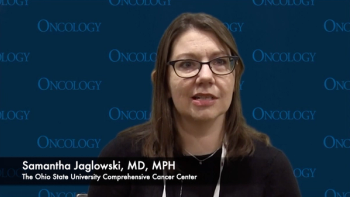
The associate professor at The Ohio State University Comprehensive Cancer Center explained the goals for the future of the CAR T-cell therapy data in patients with DLBCL.

Few immune-mediated adverse events were observed with frontline durvalumab plus platinum-based therapy and etoposide in patients with extensive-stage small cell lung cancer, and no treatment-emergent antidrug antibodies were elicited by the PD-L1 inhibitor, according to an analysis of the phase III CASPIAN trial reported at the 2019 ESMO Immuno-Oncology Congress.
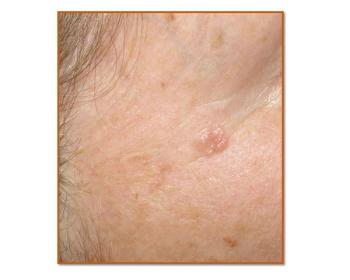
The recommendations defined when and how radiation therapy should be used to treat patients with basal cell carcinoma and cutaneous squamous cell carcinoma.

Jean L. Koff, MD, MS, highlights exciting advances made in follicular lymphoma and the promise of CAR T-cell therapies in other lymphoma subtypes.

An application has been submitted to the FDA for selinexor for the treatment of patients with relapsed/refractory diffuse large B-Cell lymphoma who have received at least 2 prior multiagent therapies and who are ineligible for stem cell transplantation, including CAR T-cell therapy.

Michael Wang, MD, discusses the ZUMA-2 trial and the potential impact of CAR T-cell therapy on the treatment paradigm in mantle cell lymphoma.
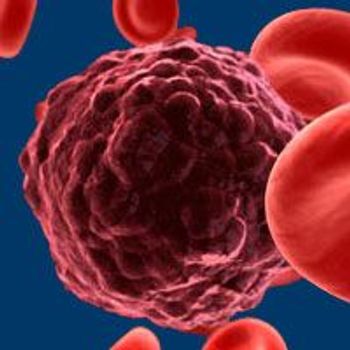
Induction therapy with R-CHOP followed by maintenance rituximab continued to show improvements in survival and responses compared with R-CHOP and interferon-alpha maintenance in older patients with mantle cell lymphoma.

Minimal residual disease has become an important investigational prognostic marker and risk stratification tool in acute lymphoblastic leukemia.
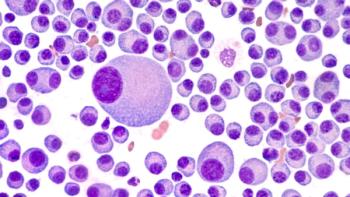
The company presented updated phase 1 results for a revamped version of bb2121 that point to sustained responses for patients with relapsed/refractory multiple myeloma.

Joseph Wynne, MD, discusses ongoing studies with blinatumomab and CAR T-cell therapy in acute lymphoblastic leukemia, as well as the importance of assessing minimal residual disease in this space.

Karl M. Kilgore, PhD, discusses how results of real-world analysis may impact the utilization of CAR T-cell therapy for older patients with relapsed/refractory diffuse large B-cell lymphoma.
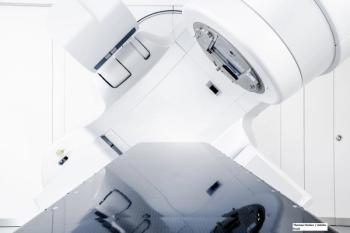
Recommendations defined when and how radiation therapy should be used to treat patients with basal cell carcinoma and cutaneous squamous cell carcinoma.

Bristol-Myers Squibb has submitted a biologics license application to the FDA seeking approval of the anti-CD19 CAR T-cell therapy lisocabtagene maraleucel for the treatment of adult patients with relapsed/refractory large B-cell lymphoma after at least 2 prior therapies.
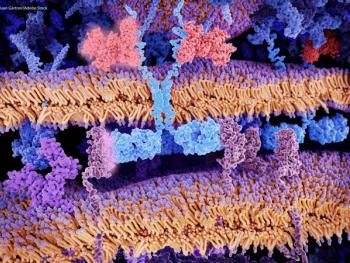
The submission to the FDA for the investigational CAR T-cell therapy is based on data from the phase II ZUMA-II trial for the treatment of adult patients with relapsed/refractory mantle cell lymphoma.
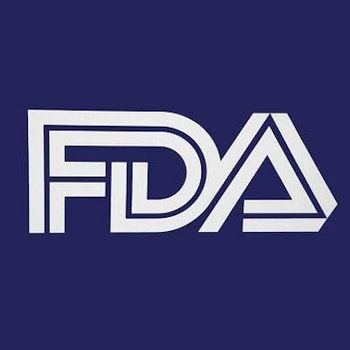
The drug candidate tipifarnib (Zarnestra) is being clinically studied for the treatment of patients with HRAS-mutant head and neck squamous cell carcinoma after progression on platinum therapy.
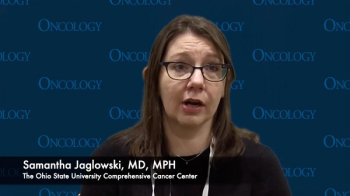
The associate professor at The Ohio State University Comprehensive Cancer Center discussed the implications of her analysis of the CAR T-cell therapy tisagenlecleucel for patients with diffuse large B-cell lymphoma at the ASH Annual Meeting & Exposition.
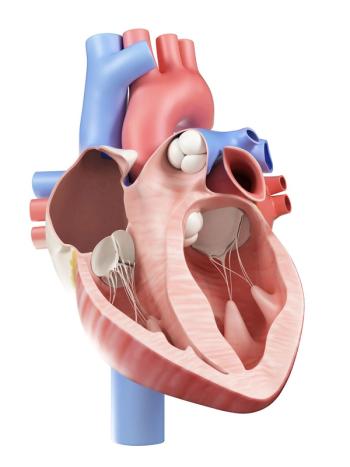
Chimeric antigen receptor (CAR) T cells are lymphocytes genetically engineered to recognize and bind to specific proteins on cancer cells. Studies are currently underway for applications in other fields.

A biologics license application has been submitted to the FDA for the investigational CAR T-cell therapy KTE-X19 as a treatment for adult patients with relapsed/refractory mantle cell lymphoma.
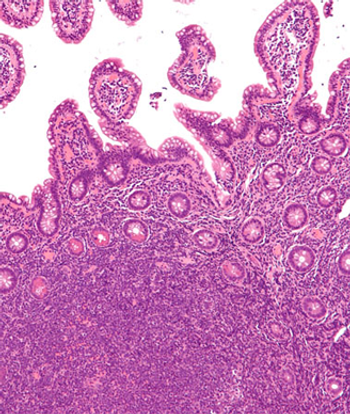
The ZUMA-II trial suggested that patients with relapsed/refractory mantle cell lymphoma resistant to prior therapies may benefit from the autologous anti-CD19 CAR T-cell therapy.

Mazyar Shadman, MD, MPH, discussed the study he and colleagues are conducting to evaluate CAR T-cell therapy in high-risk patients with chronic lymphocytic leukemia.
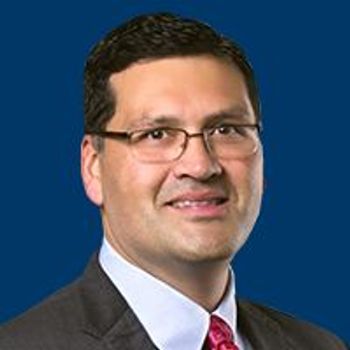
The CAR T cell therapy bb21217 demonstrated high very good partial response or better rates in patients with heavily pretreated relapsed/refractory multiple myeloma.

The CAR T-cell therapy tisagenlecleucel (Kymriah) showed similar real-world efficacy and safety findings to that of the JULIET trial in the treatment of adult patients with relapsed/refractory diffuse large B-cell lymphoma.

Blinatumomab (Blincyto) as post-reinduction consolidation therapy before hematopoietic stem cell transplantation improved disease-free survival and overall survival by approximately 20% compared with intensive chemotherapy in pediatric and adolescent and young adult patients with high- or intermediate-risk of first relapse of B-cell acute lymphoblastic leukemia.

During the annual ASH meeting, investigators present phase 1 data from a new dose-climbing trial.

Treatment with the anti-CD19 CAR T-cell therapy KTE-X19 elicited a complete remission rate of 67% and an objective response rate of 93% for patients with relapsed/refractory mantle cell lymphoma.

Vecabrutinib, a reversible, noncovalent Bruton’s tyrosine kinase inhibitor, exhibited evidence of clinical activity in adults with B-cell malignancies without producing any grade ≥3 treatment-related adverse events.

The CD19-directed CAR T-cell therapy lisocabtagene maraleucel showed promising clinical activity and manageable toxicity in heavily pretreated patients with high-risk chronic lymphocytic leukemia or small lymphocytic lymphoma, all of whom had progressed on ibrutinib.

The French biotech Servier has an agreement with Allogene Therapeutics, through Pfizer, to market its allogenic chimeric antigen receptor (CAR) T-cell product in the United States if it receives FDA approval.

Steroid use while cytokine release syndrome and neurologic toxicities are at grade 1, instead of waiting until grade 3, reduces the rate of CAR T-cell treatment–related CRS and neurologic events.